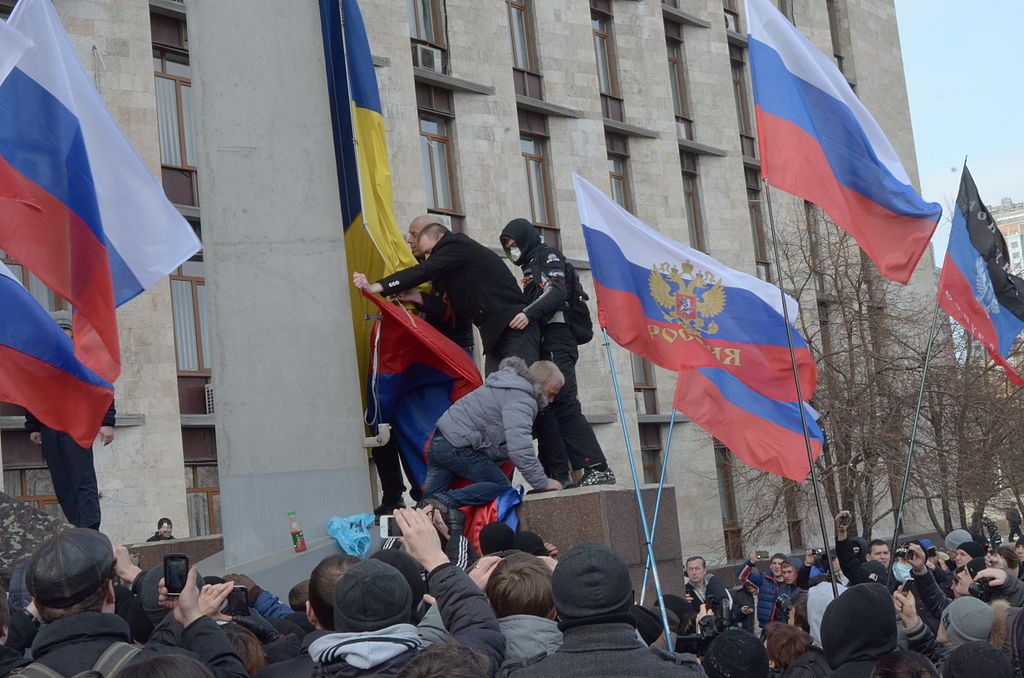From our perspective, it’s been a no-brainer over the last four years to apportion an entire regular page in our printed newspaper to two huge worldwide news events: the COVID-19 pandemic, followed by the War in Ukraine.
No other ongoing situations in the 21st century have demanded comparable attention: not even the long-drawn out 2000 US Presidential election, the fallout of 9/11, the reign of Donald Trump, nor the hunt for missing Malaysian airline 370.
So it’s hardly surprising to learn that some people have extreme opinions on the subjects.
Straight from the pages of Russia Today
But according to research carried out by Forsvarsakademiet, it is invariably the same group of people having the same extreme opinion.
In a nutshell, the anti-vaxxers and pro-Russians are one and the same.
“It’s striking: on February 24, it turned out that those who had held very strong views on the corona vaccine were suddenly very much against Zelensky,” Jeanette Serritzlev, a military analyst at Forsvarsakademiet, told BT.
“Many of those who were prominent anti-vaxxers were suddenly pro-Russian. Many of the positions that emerged were one-to-one the same positions that you saw in a media such as Russia Today.”
Conspiracy theorists tend not to specialise
It is a finding also shared by the PET intelligence agency and academics who specialise in the field.
“There is an increased concern among the intelligence services about the system-critical groups,” observed Professor Michael Bang Petersen, an expert on political science at Aarhus University.
“It’s not surprising because the biggest factor that applies to a person starting to believe in a conspiracy theory is that you already believe in another conspiracy theory.”
Singing to the tune of the Kremlin
Moscow should be delighted, contends Serritzlev, as its hard work has paid off.
“During corona, it was clear that Russia was quietly helping the anti-vaxxer circles in the West. Nothing big, but they supported them. The same anti-vaxxer environments Russia can now use to spread anti-Ukraine stories now,” she said.
“Corona helped strengthen these networks of anti-authoritarian people. They were united during the pandemic. And now Russia has managed to use them to get its propaganda out.”
READ MORE: Majority of Danes approve of sanctions for parents who do not vaccinate their children















